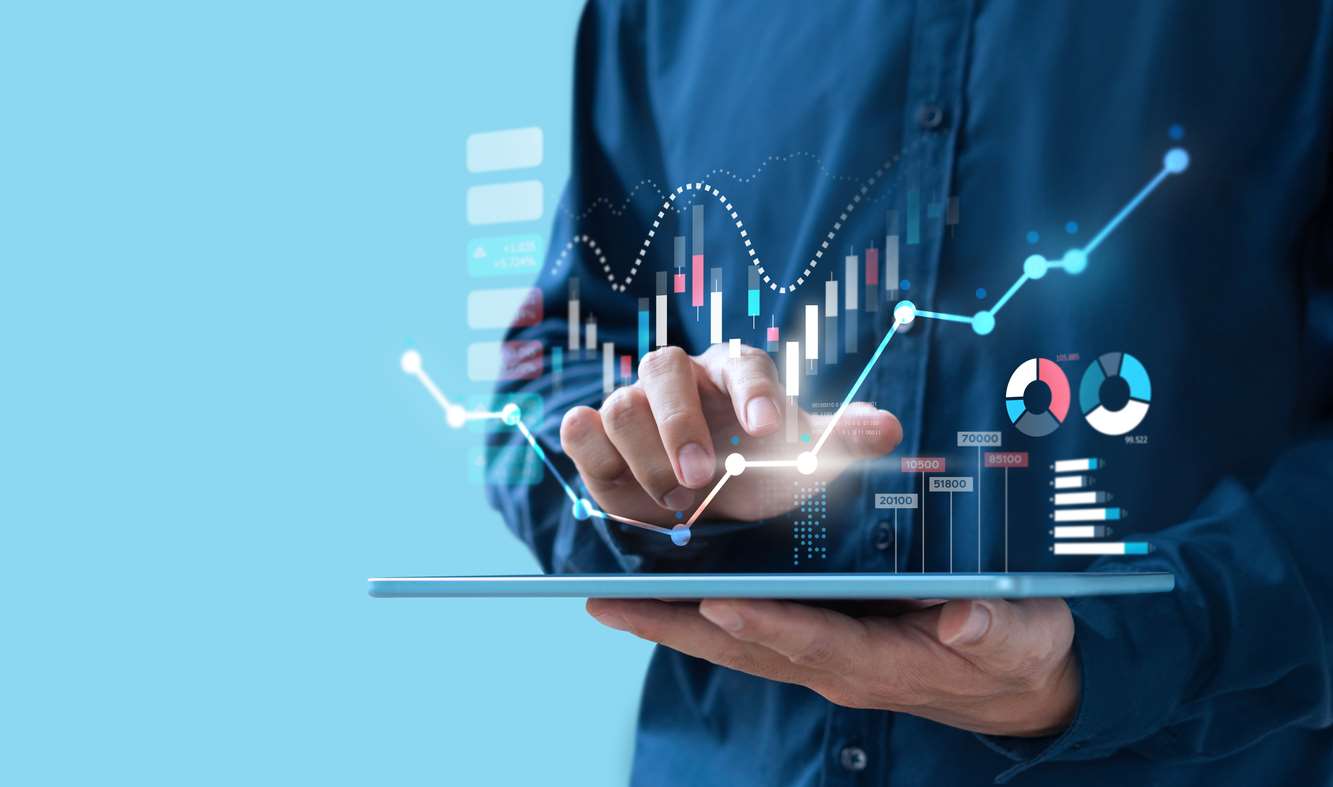Do you own a programmable thermostat? Did an automated system answer your customer service concern? Have you asked Alexa or Siri a question? If you said “yes” to any of these questions, you have interacted with some of the latest technology trends. What are these technology industry trends developments that are reshaping the IT?
Newest Trends in Technology are:
Artificial Intelligence (AI)
If you have installed an Amazon Echo device or use Google Home, you have interacted with AI. Machines learn to recognize speech and text, analyze images, and generally mimic humans in specific processes. By analyzing vast amounts of data and perceiving patterns, computers literally “learn” over time, becoming more intelligent. AI brings increased efficiency, effectiveness, and productivity to the IT industry. For example, technology can automate software testing and analyze and report defects. AI also lifts the service desk demands on IT support by observing user behavior and offering self-help solutions.
Blockchain
Usually associated with cryptocurrency, blockchain enables the storage of data in “chains” and prevents changes to previous “blocks” of data. This technology allows users to store transactions transparently and securely, protecting them from compromise. The health and finance industries, among others, find this decentralized ledger technology useful for safe and efficient storage of transactions.
Edge Computing
Hybrid cloud structures enable the running of workloads in private datacenters as well as in the public cloud. Edge computing goes a step further, allowing data processing at the “edge” of the network, near the user or near the data’s source. Edge computing infrastructure offers the advantage of real-time data processing, eliminating the latency of transmitting data to a localized datacenter. Autonomous vehicles, for example, use edge computing; onboard computers process data in real time while maintaining connections with a central location for software updates.
Internet of Things (IoT)
IoT connects web-enabled intelligent devices that use sensors, processors, and communication networks to collect data, send it for analysis, and use the results to take appropriate actions. Data gathered from an implanted heart monitor can alert physicians to problems in real time. “Smart” HVAC systems can gather environmental data and control heating and air conditioning units; sensing the level of sunlight entering windows, these devices can raise and lower shades to meet the need.
Robotic Process Automation (RPA)
A company can use RPA tools to configure a software or a “robot” to process repetitive transactions or tasks. RPA frees human workers to do higher value work and assumes mundane, tedious processes. Marrying RPA tools with AI technologies offers the ability to automate higher level tasks previously requiring human perception and judgment. The financial services industry first adopted RPA, but now RPA handles routine tasks in several other industries such as healthcare, human resources, and retail.
These new trends in technology, alone or combined, offer the IT industry and others increased ease, efficiency, security, and effectiveness.
Consult an IT professional to learn how your business can benefit from one or more of these technology trends.



